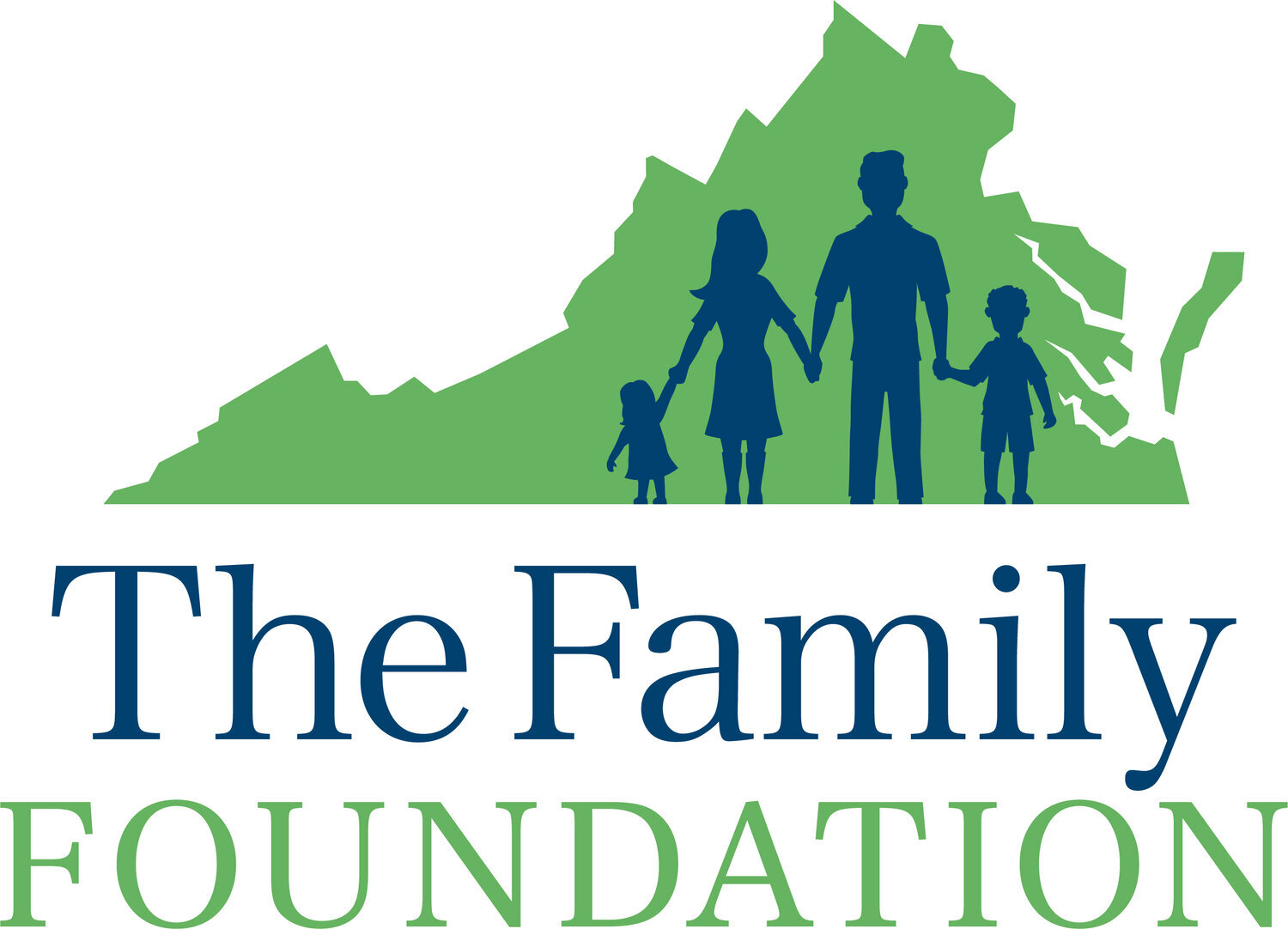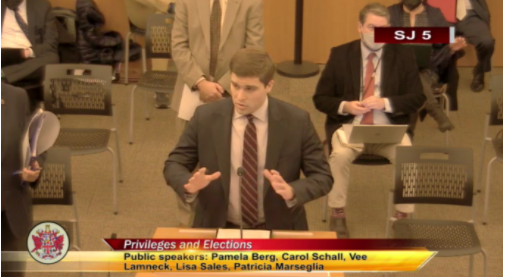Action Alert: Full Senate to Vote On Legalizing Polygamous Marriages!
We made our case before the Senate Privileges and Elections Committee yesterday that SJ 5 (D-Ebbin) would legalize polygamous and other kinds of marriage right within our state constitution, but all nine Democrats and one Republican voted to approve the bill anyway. Now this constitutional amendment heads to the full Senate for a vote as early as Friday, so please email or call your legislator now!
You can view our testimony at the link above beginning at 1:38:10.
By the way, we JUST received the results of our Mason-Dixon statewide polling, and 88% said they “oppose amending the Virginia Constitution to legalize polygamous marriage.”
SJ 5 goes further than simply removing the current constitutional language (that marriage is only between one man and one woman – which was deemed “unconstitutional” by the U.S. Supreme Court in 2015), and actually replaces it with new language. It directs that the state and local governments “shall issue marriage licenses, recognize marriages, and treat all marriages equally under the law regardless of the sex or gender of the parties to the marriage.”
Here’s how this constitutional amendment legalizes polygamous marriage in Virginia:
First, the language says that Virginia must “recognize marriages” and “treat all marriages equally under the law,” but nowhere does anyone actually DEFINE what “marriage” is! (The resolution repeals the only definition of marriage there was, and the state Code does not define marriage.) Therefore, marriage could mean anything any person or group says it is. Or, if other states adopt new, expansive definitions of marriage, this constitutional language could force Virginia to recognize those marriages as valid.
Second, because the new amendment declares “marriage” to be a “fundamental right,” while also requiring that ALL “marriages” be treated “equally under the law,” it means that this would overrule current statutes than prohibit or even criminalize certain types of marriage. Because the Virginia constitution has supremacy over any Virginia statutes that are in conflict with the constitution, this language would overrule any current statutory prohibitions against marriages between blood relatives, being in more than one marriage (bigamy), marriages with three or more people (potentially unlimited), and child marriages.
Third, there is indisputable evidence that at least some members of the legislative majority last year knowingly chose constitutional language that would open Virginia up to polygamy. There were three distinct versions of the Marriage Repeal Amendment last year. One of them, HJ 557 (D-Lopez), simply struck the language about marriage altogether. Another, HJ 539 (D-Levine), had nearly identical language as the version that passed last year (HJ 582), except that it clearly specified “regardless of the gender of the two parties to the marriage.” But the version that was eventually decided on omitted the word “two.”
By choosing to advance a final version that omits the word two, the legislators very intentionally left open the number of people who could be married to one another at the same time.
In his dissent to the 2015 Obergefell v. Hodges opinion, Chief Justice Roberts predicted exactly what’s happening in Virginia:
“Although the majority randomly inserts the adjective “two” in various places, it offers no reason at all why the two-person element of the core definition of marriage may be preserved while the man-woman element may not. Indeed, from the standpoint of history and tradition, a leap from opposite-sex marriage to same-sex marriage is much greater than one from a two-person union to plural unions, which have deep roots in some cultures around the world. If the majority is willing to take the big leap, it is hard to see how it can say no to the shorter one.”
There has been no discussion at all about such a dramatic policy shift in the Commonwealth and to the constitution, but if this bill passes it could lead Virginia down the path recognizing polygamous (more than two), incestuous (immediate family members), kinship (close relatives), or even child (under 18) marriages.
However, there is still a chance to stop this marriage ‘repeal and replace’ resolution on the Senate floor, and also still in the House. (Note: amending the Constitution does not involve the Governor, so he cannot veto it if they pass it.)
Urge your Senator to Reject Polygamous Marriage – Vote NO on SJ5!

